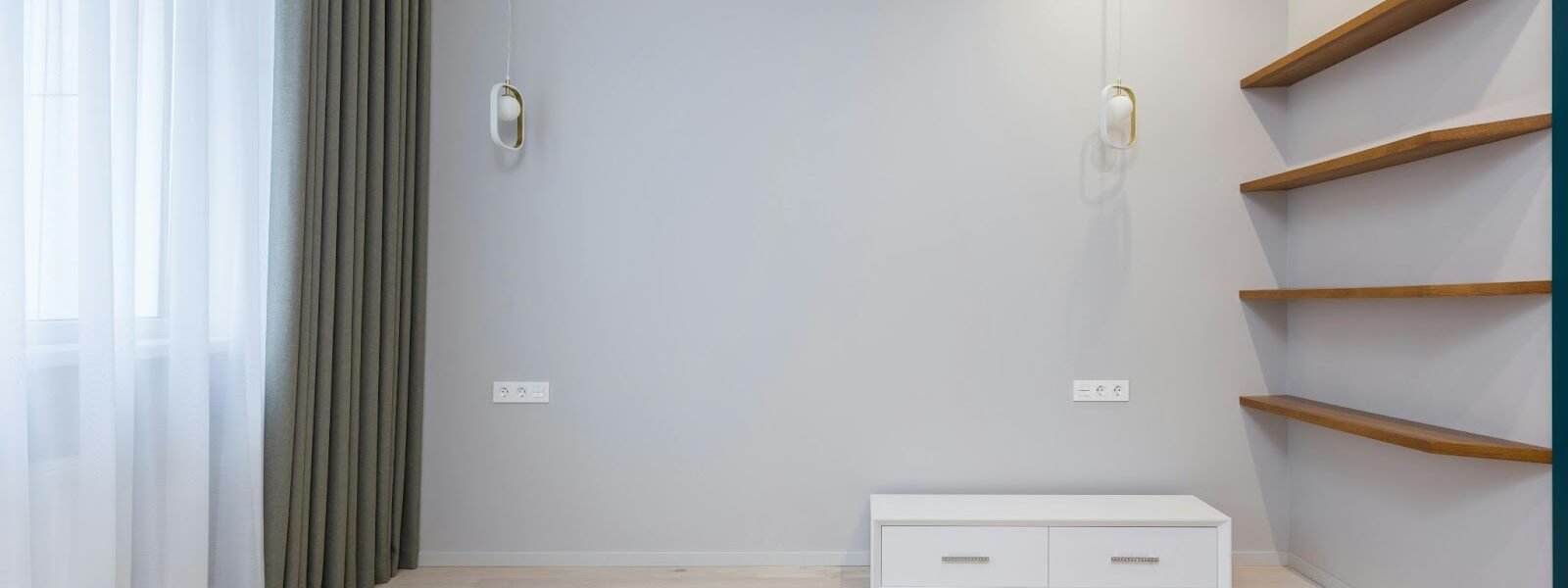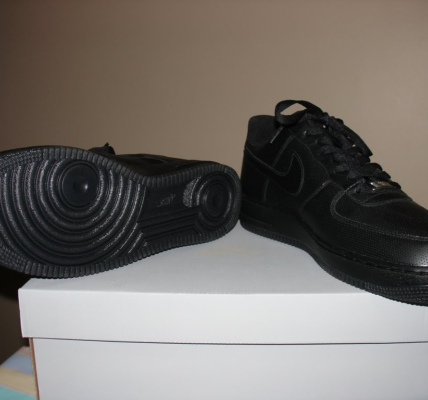Introduction
The term “air conditioning,” or even “AC,” has become an ever-present necessity. It provides relief from scorching heat, improves indoor air quality, and enhances comfort. This article delves into the world of air conditioning, explaining how it works, its different types, energy efficiency, maintenance tips, and common issues.

How Does Air Conditioning Work?
Air conditioning systems operate on a basic principle: removing heat from a space and transferring it to the outdoors. Here’s a simplified breakdown of the process:
- Evaporation: Refrigerant, a fluid with low boiling point, evaporates in a coil. By absorbing heat, this action reduces the ambient temperature of the inside air.
- Compression: The refrigerant vapor is compressed, raising its temperature and pressure.
- Condensation: The hot refrigerant releases heat to the outdoor environment, condensing back into a liquid.
- Expansion: The liquid refrigerant expands through a small opening, dropping its temperature and pressure, preparing it to start the cycle again.
This cycle continues, circulating cool air indoors and removing warm air outdoors.
Types of Air Conditioners
There are various types of air conditioners to suit different needs and budgets:
- Central Air Conditioning: This system uses ductwork to distribute cooled air throughout a building.
- Window Air Conditioners: These units are installed in a window and cool a single room.
- Portable Air Conditioners: These units can be moved from room to room and have a vent hose to exhaust warm air.
- Ductless Mini-Split Systems: These systems consist of indoor units connected to an outdoor compressor, offering flexible cooling options.
- Geothermal Air Conditioning: This eco-friendly system uses the earth’s constant temperature to heat or cool a building.
Energy Efficiency in Air Conditioning
Energy-efficient air conditioners can significantly reduce your electricity bills. Look for units with the Energy Star label, which indicates high efficiency. Here are some tips for energy savings:
- Regularly Maintenance: To optimise efficiency, keep your climate control system clean and well-maintained.
- Proper Insulation: Ensure your home is adequately insulated to prevent heat gain.
- Shade: Use blinds, curtains, or awnings to block sunlight and reduce cooling needs.
- Thermostat Settings: Set your thermostat to a reasonable temperature and utilize programmable thermostats.
- Regular Filter Changes: Replace air filters regularly to improve airflow and efficiency.
Air Conditioner Maintenance
Proper maintenance is essential for the longevity and efficiency of your air conditioning system. Follow these tips:
- Regular Inspections: Arrange for a qualified technician to do annual examinations.
- Clean Coils: Keep both indoor and outdoor coils clean and free of debris.
- Check Refrigerant Levels: Ensure adequate refrigerant levels to maintain optimal performance.
- Ductwork Cleaning: Clean ductwork to remove dust and allergens.
- Cover Outdoor Unit: Protect the outdoor unit from harsh weather conditions with a cover.
Common Air Conditioner Problems
While air conditioners are reliable, they can experience issues. Here are some common problems and potential solutions:
- Insufficient Cooling: Check filters, thermostat settings, and refrigerant levels.
- Strange Noises: Investigate the source of the noise and consult a technician if needed.
- Leaks: Address leaks promptly to prevent damage and mold growth.
- Unpleasant Odors: Clean filters, check for mold, and ensure proper ventilation.
Air Conditioning and Indoor Air Quality
Air conditioning systems can impact indoor air quality. To maintain healthy air:
- Regular Filter Changes: Replace air filters as recommended to remove contaminants.
- Duct Cleaning: Clean ductwork to eliminate dust and allergens.
- Ventilation: Ensure proper ventilation to circulate fresh air.
- Dehumidification: Control humidity levels to prevent mold growth.
The Future of Air Conditioning
The dynamic nature of the air refrigeration sector is caused by improvements in technology. Some emerging trends include:
- Smart Thermostats: These devices allow remote control and energy optimization.
- Inverter Technology: This technology provides more precise temperature control and energy efficiency.
- Eco-Friendly Refrigerants: The industry is moving towards refrigerants with lower environmental impact.
- Hybrid Systems: Combining air conditioning with other cooling technologies for enhanced efficiency.
FAQs
General Questions
What defines an air conditioner from a heat pump?
A heat pump can both heat and cool a space, while an air conditioner only cools.
Typically should my air conditioner’s filter be swapped out?
It’s generally recommended to change your air conditioner filter every 1-3 months, or more frequently if you have pets or allergies.
What is SEER and why is it important?
SEER stands for Seasonal Energy Efficiency Ratio and measures an air conditioner’s efficiency. A unit with a higher SEER rating is going to cool your house with less energy utilisation.
Is it cheaper to run an air conditioner at night?
Electricity rates often vary throughout the day, with lower costs during off-peak hours, which might include nighttime.
Maintenance and Troubleshooting
Why is my air conditioner not cooling properly?
Several factors can cause this, including dirty filters, refrigerant leaks, or issues with the compressor. It’s best to call a professional for diagnosis.
My air conditioner is making strange noises. What should I do?
Unusual noises can indicate a problem. It’s advisable to contact a technician for inspection.
How can I improve my air conditioner’s energy efficiency?
Regular maintenance, proper insulation, shading, and using energy-efficient models can help improve efficiency.
Occasionally should I book maintenance for my air conditioner from a professional?
It is advised that you perform annual maintenance in order to ensure lifespan and optimal performance.
Types of Air Conditioners
What is the best type of air conditioner for a small apartment?
Window or portable air conditioners are often suitable for small spaces.
Can I install a ductless mini-split system myself?
While possible, installing a ductless mini-split system requires technical expertise.
What divides ductless air conditioning from central air conditioning?
Central air uses ductwork to distribute cooled air, while ductless systems have individual indoor units connected to an outdoor compressor.
Conclusion
Air conditioning has become a necessity for many, providing comfort and improving indoor air quality. Understanding how it works, choosing the right system, and practicing proper maintenance can help you enjoy the benefits of cool air while minimizing energy consumption. Stay informed about the latest advancements in air conditioning technology to optimize your cooling experience.
To read more, click here.




